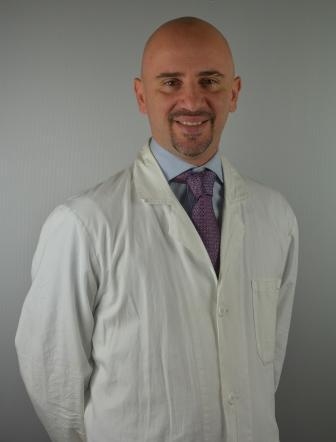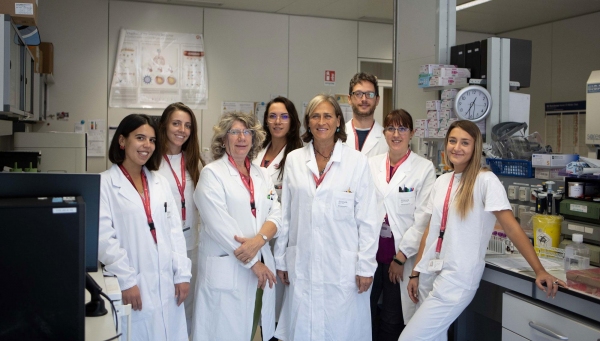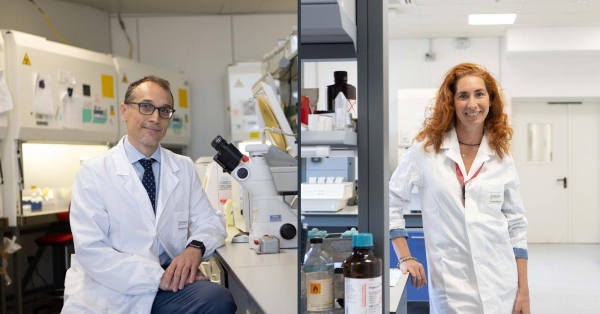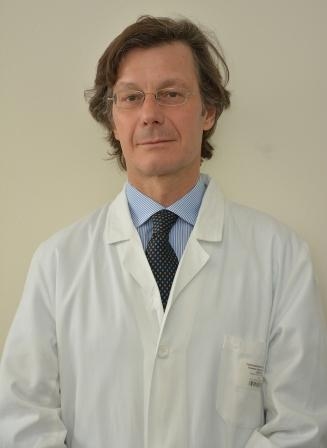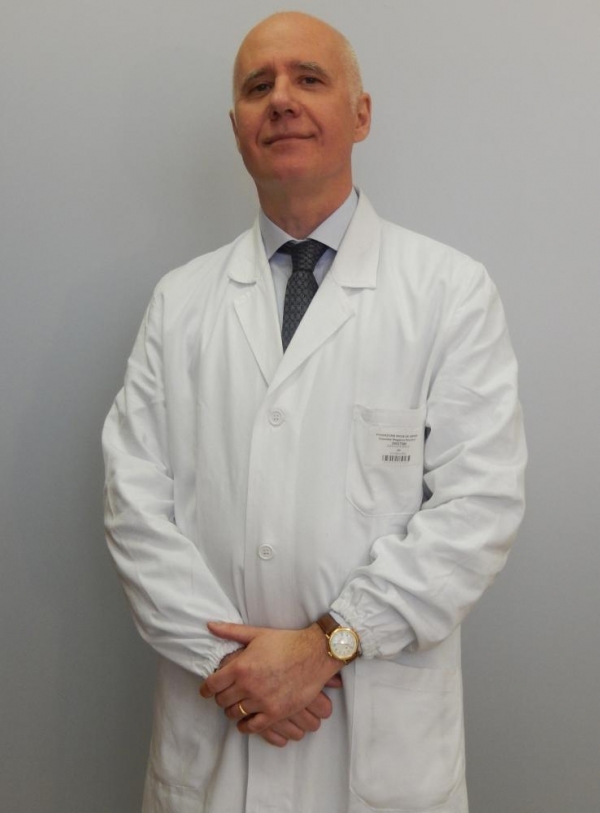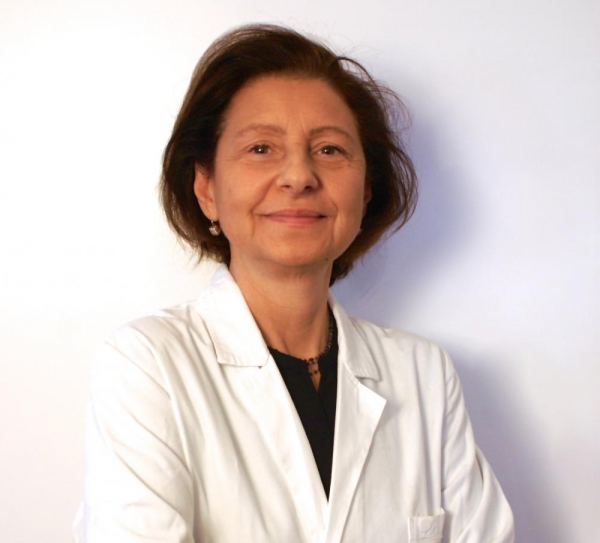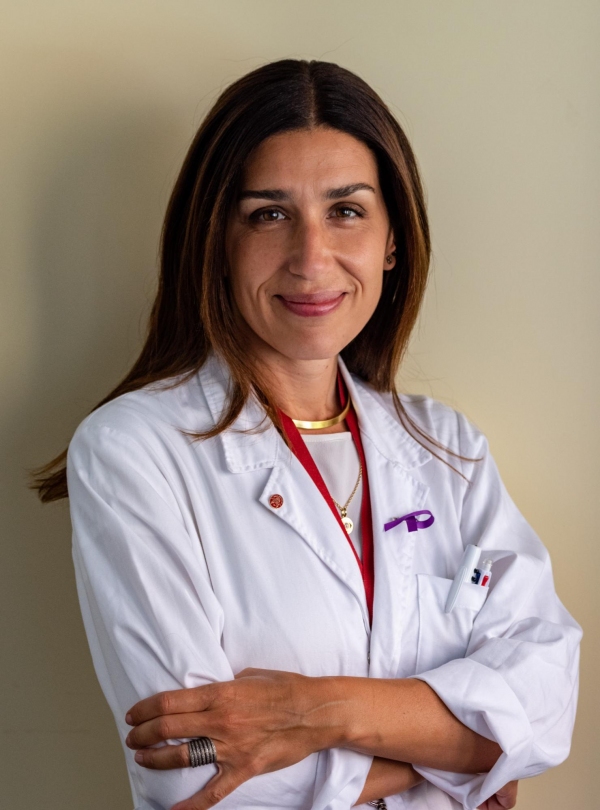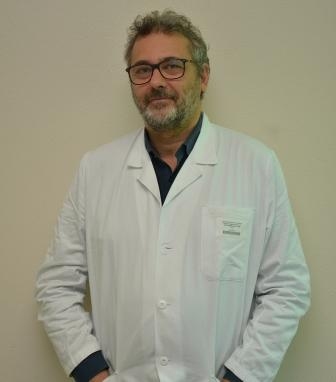New precision medicine approaches in gastroenterology and hepatology /
Gastroenterology and Endoscopy
Celiac disease
Research concerns the pathogenetic mechanism of celiac disease, its treatment, diagnosis, and clinical monitoring. Contextually with celiac disease, research activity is also conducted on what currently represents its treatment, namely the gluten-free diet, its physiological effects, its impact on patients' quality of life, and the assessment of proper adherence. Individuals unresponsive to the gluten-free diet represent an area of particular interest given the need for additional supportive therapies. Refractory forms of celiac disease are a rare complication of celiac disease but burdened with a severe prognosis and may evolve to intestinal T lymphoma; in this sense, the study of prognostic biomarkers and factors driving carcinogenesis represent a key focus for new drug development. Alongside complicated forms of celiac disease, the study of enteroscopic techniques and the artificial intelligence related to them, endoscopic video capsule and device-assisted enteroscopy, remains essential.
Chronic inflammatory bowel disease and the gut microbiome
Research activities involve Crohn's disease and ulcerative rectocolitis, diseases known as chronic inflammatory bowel diseases. In particular, the center studies inflammatory processes and the immune system at the level of the intestinal mucosa, and its correlations with the intestinal microbiota. The analysis of the microbiome is aimed both at evaluating its role in the pathogenesis of inflammatory bowel diseases and at studying it as a potential therapeutic agent. The center studies the effects of drug therapies on the mucosal immune system, and configurations of the latter as a predictor of therapeutic response to advanced therapies. In addition, the center constitutes a hub for pharmacological research in the international arena, being the site of numerous phase 2 and phase 3 clinical trials for innovative therapies in the field of chronic inflammatory bowel disease. A program dedicated to intestinal microbiome transplantation (FMT) in patients with Clostridium Difficile infection and ulcerative rectocolitis is currently being activated.
Gastrointestinal diseases
The team participates in international trials on diseases such as short bowel syndrome, esophageal achalasia, and eosinophilic esophagitis.
- Enteroscopes and endoscopic video capsule system
- Murine colonoscope
- ERN ERNICA
- University of Milan-Bicocca, Italy
- University of Sheffield, UK
- Yale University, USA
- Charite Hospital, Germany
- Harvard University-Beth Israel
- University of Padua, Italy
- Mc Master University, Canada
- Oslo University, Norway
- University of Bologna, Italy
- European Institute of Oncology, Milan, Italy
- University of Cagliari, Italy
- San Raffaele Hospital, Milan, Italy
- Humanitas Clinical Institute, Rozzano, Italy
- University of Pavia, Italy
- University of Erlangen-Nuremberg, Germany
- EUREOS (European Consortium for Eosinophilic Diseases of the GI Tract)
Celiac Disease Team:
1 associate professor of gastroenterology, 5 gastroenterologists, 1 university research biologist, 2 PhD students, 1 biologist, 2 nutritional biologists
Chronic inflammatory bowel disease team:
2 associate professors of gastroenterology, 3 gastroenterologists, 1 biologist, 1 study coordinator, 4 research fellows
Gastrointestinal Diseases Team:
2 gastroenterologists, 1 study coordiantor, 1 nutrition biologist
